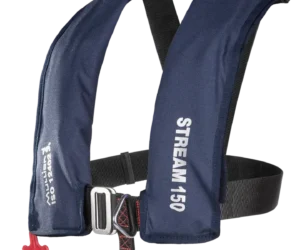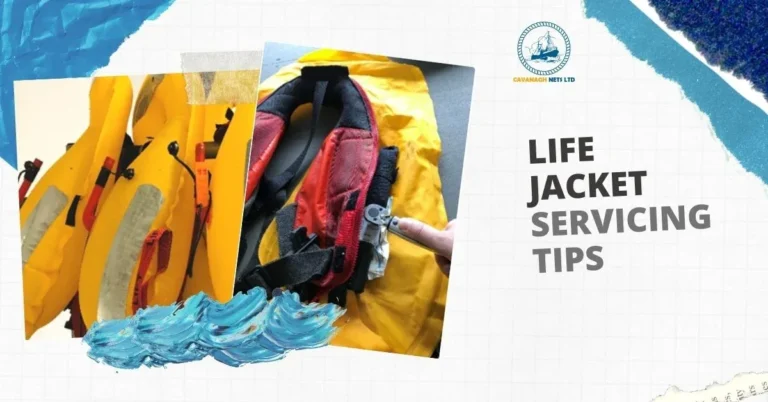TEL: (074) 938-1178 | EMAIL: [email protected]
Safety First – What Life Jackets Are Required for Offshore and Inshore Fishing?
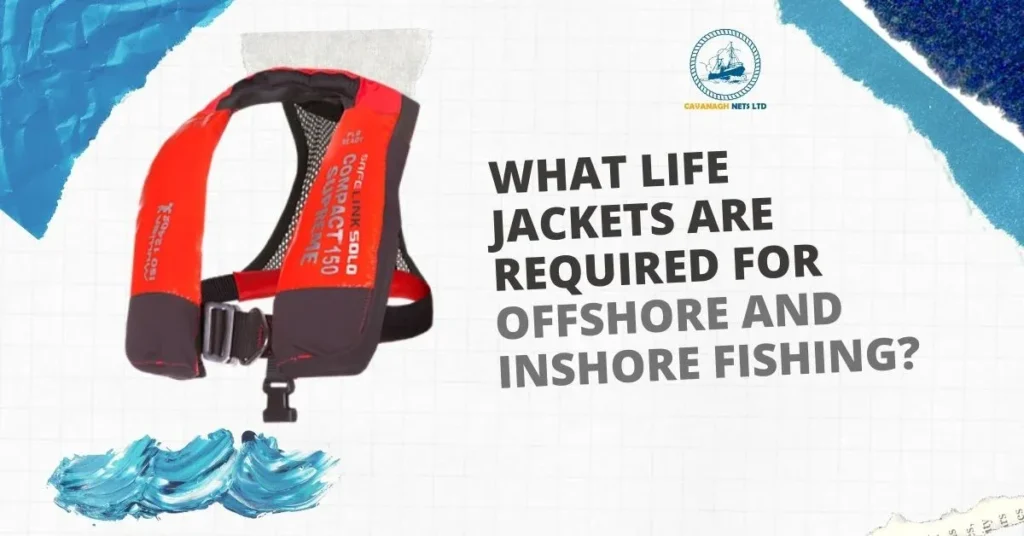
It’s the Law!
Do you know what the rules are about wearing a lifejacket on fishing vessels? The point to remember is, it’s not an option. The rules couldn’t be clearer – this is from the relevant Statutory Instrument, S.I. No. 586/2001 – Fishing Vessel (Personal Flotation Devices) Regulations, 2001:
Every fishing vessel shall carry a suitable personal flotation device for every person on board. The personal flotation device shall be worn at all times by the crew of the fishing vessel, when on the exposed deck of the vessel, or, in the case of open undecked vessels, on board the vessel, whether at sea, in harbour or coming to and from moorings.
This link to the government website gives more information.
It Makes Sense
Fishermen, and other seagoers, are often resistant to the idea of wearing a lifejacket. Sometimes it’s complacency: ‘I’ve been at sea for 10/20/30 years and nothing has ever happened to me.’ Or inconvenience: ‘It will only get in the way…I’m safer without it.’ Both these arguments make perfect sense…until you are in cold water, in the dark. Like so many other essential aids to safety, lifejackets can seem like an uncomfortable nuisance, right up to the moment when you must rely on your personal flotation device to save your life.
As the mother of a drowned fisherman put it, “It doesn’t seem complicated. It’s the most basic of safety items on a boat.”
Lifejackets and Personal Flotation Devices – what’s the difference?
The key point to remember is that all lifejackets are PFDs, but not all PFDs are lifejackets.
The term Personal Flotation Device (PFD) applies to both lifejackets and other inflatable buoyancy aids. However, the key point about a lifejacket is that it is designed to turn an unconscious person face up on entering the water. Other types of PFDs (also called personal buoyance aids) are designed simply to help the wearer stay afloat – they will not correct a person’s position in the water.
Types of Personal Flotation Device
At one time, lifejackets were stuffed with lightweight materials such as cork and kapok, which inevitably made them bulky and cumbersome. The introduction of inflatable lifejackets (such as the iconic wartime airman’s ‘Mae West’) changed things considerably. Modern lifejackets can be inflated either by the wearer blowing into a tube, or by the release of carbon dioxide gas from a cylinder; here again there are two methods of inflation, as the gas can be released either by the user pulling a ripcord, or automatically, which happens when a device (usually a pellet of soluble material) reacts on contact with water.
-
 Mullion Stream Navy 150N€105.00
Mullion Stream Navy 150N€105.00 -


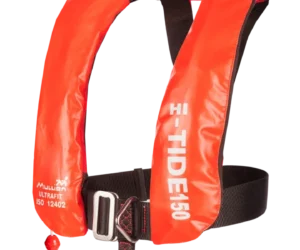 Mullion Hi-Tide Wipe Clean 150NPrice range: €157.50 through €180.00
Mullion Hi-Tide Wipe Clean 150NPrice range: €157.50 through €180.00 -


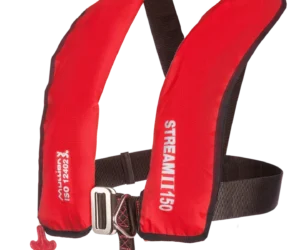 Mullion Stream 150N€105.00
Mullion Stream 150N€105.00
Additional Features
Lifejackets designed for use in hazardous conditions often include additional safety features such as safety harness attachment points, locator beacons and pockets for flares. Those intended to be worn for long periods will benefit from the added comfort provided by padding at the neck, mesh panels, and so on.
What Lifejacket do I Need for Fishing?
The regulations do not specify any particular style of PFD, only that it should be ‘sufficient to give a person using it a positive buoyancy in waters which are likely to be encountered where the vessel on which it is required to be used is reasonably likely to be,’ and ‘appropriate to the body weight of the person who is to wear it and also to the type of work being done’. (It also needs to be CE marked, i.e. certified to meet EEC quality standards.)
But as the saying goes, ‘Useless unless worn!’ A good lifejacket is one which is comfortable and non-restrictive enough to be kept on as a matter of course.
-


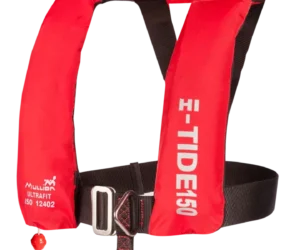 Mullion Hi-Tide Regular 150N€147.50
Mullion Hi-Tide Regular 150N€147.50 -


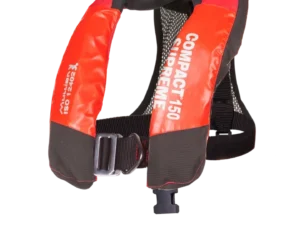 Mullion Compact Supreme 150N€205.00
Mullion Compact Supreme 150N€205.00 -


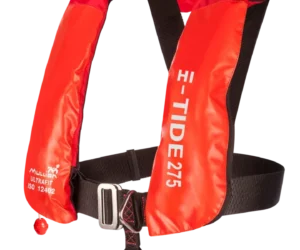 Mullion Hi Tide 275NPrice range: €185.00 through €195.00
Mullion Hi Tide 275NPrice range: €185.00 through €195.00
It also needs to be tough enough to cope with the job in hand. An abrasion-resistant, wipe-clean cover is important. When the lifejacket will be used for working in wet conditions, it’s also helpful if the automatic inflation mechanism has additional protection, to avoid accidental discharge.
A good lifejacket won’t be cheap, but it will last for years (with the necessary regular servicing), keep you within the law, and might even save your life one day.
Cavanagh Nets Ltd. stocks a good range of PFDs which meet these stringent requirements – check out our range here!

